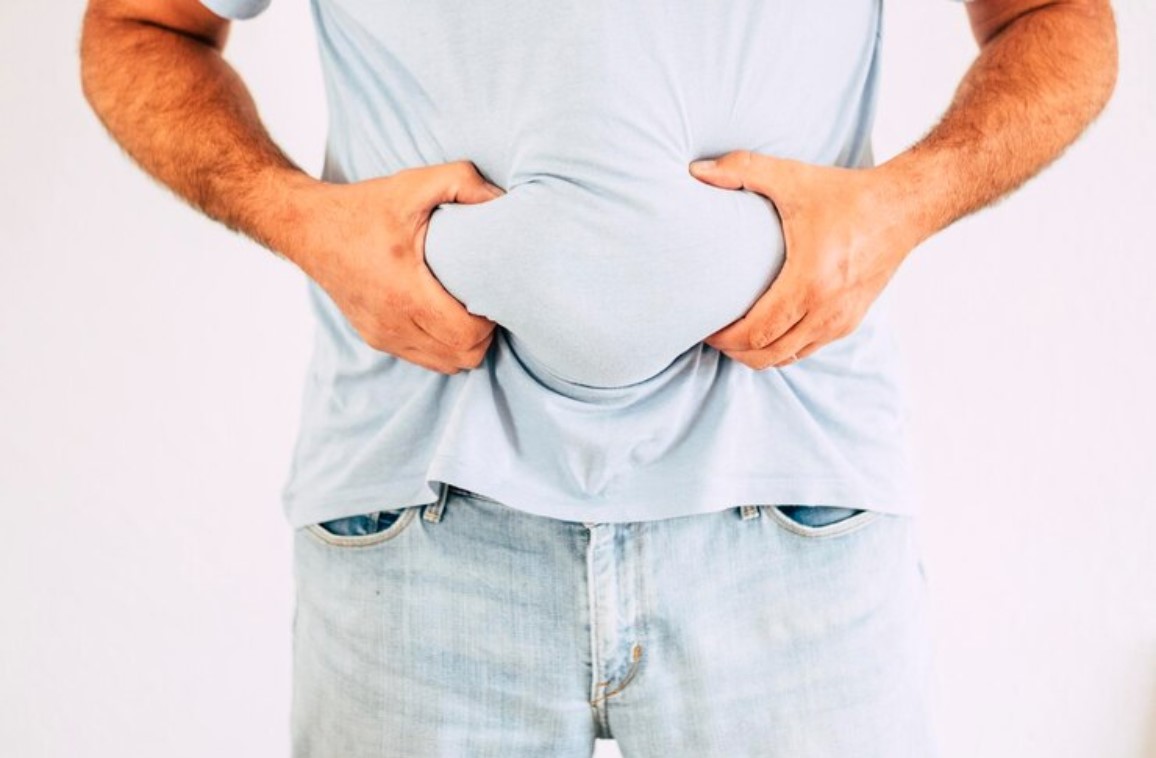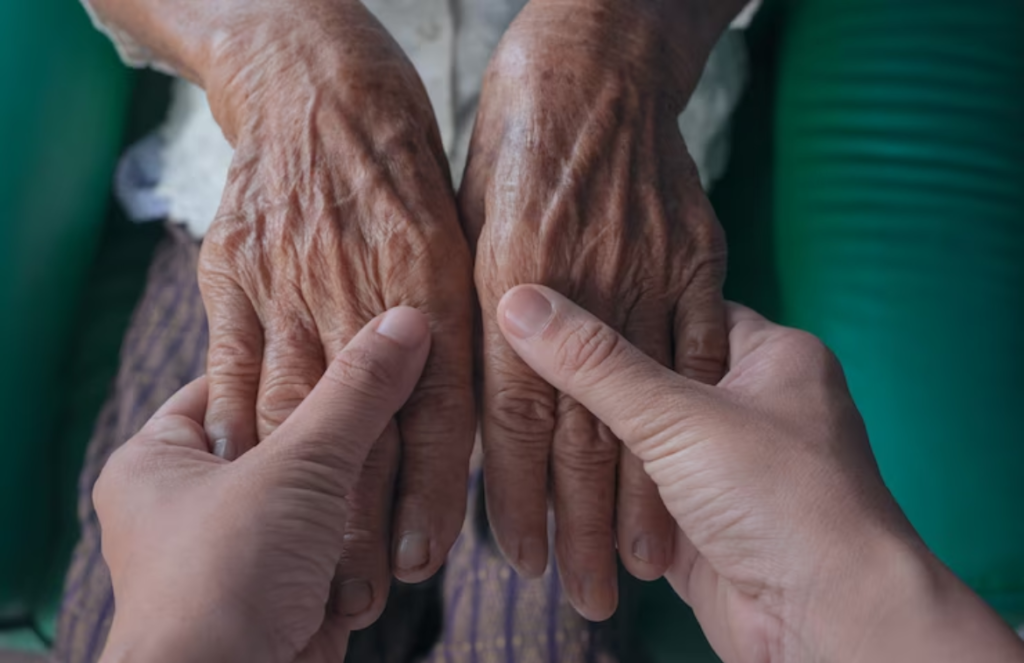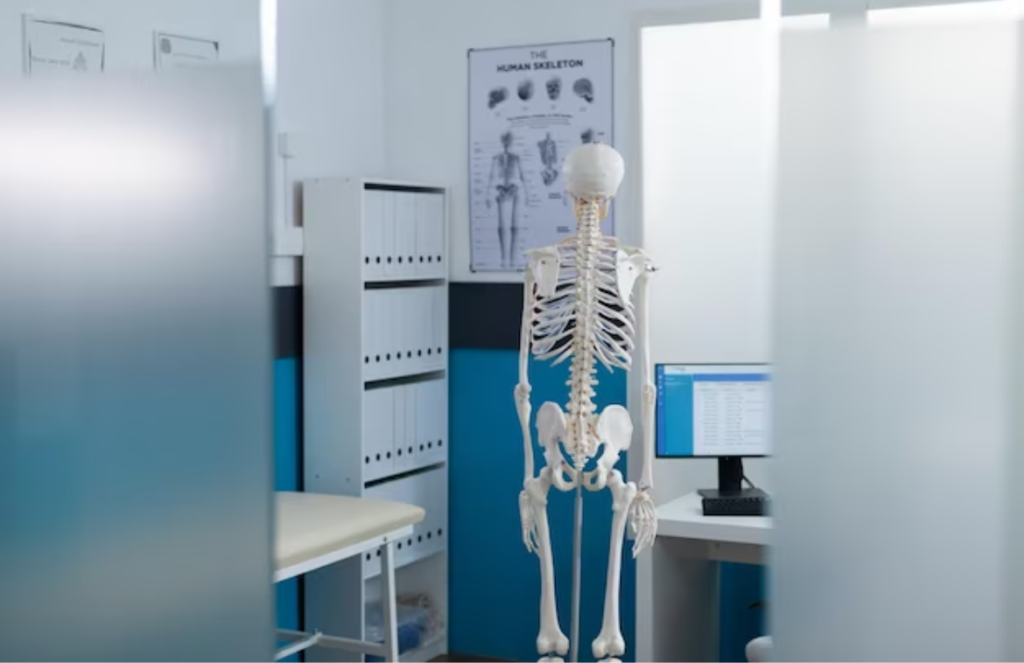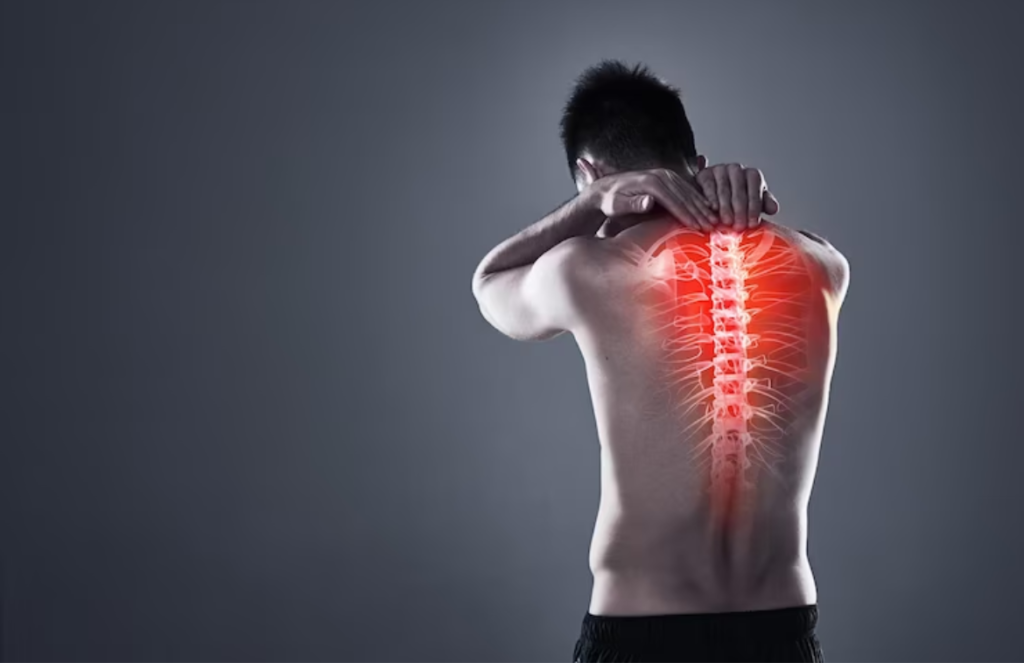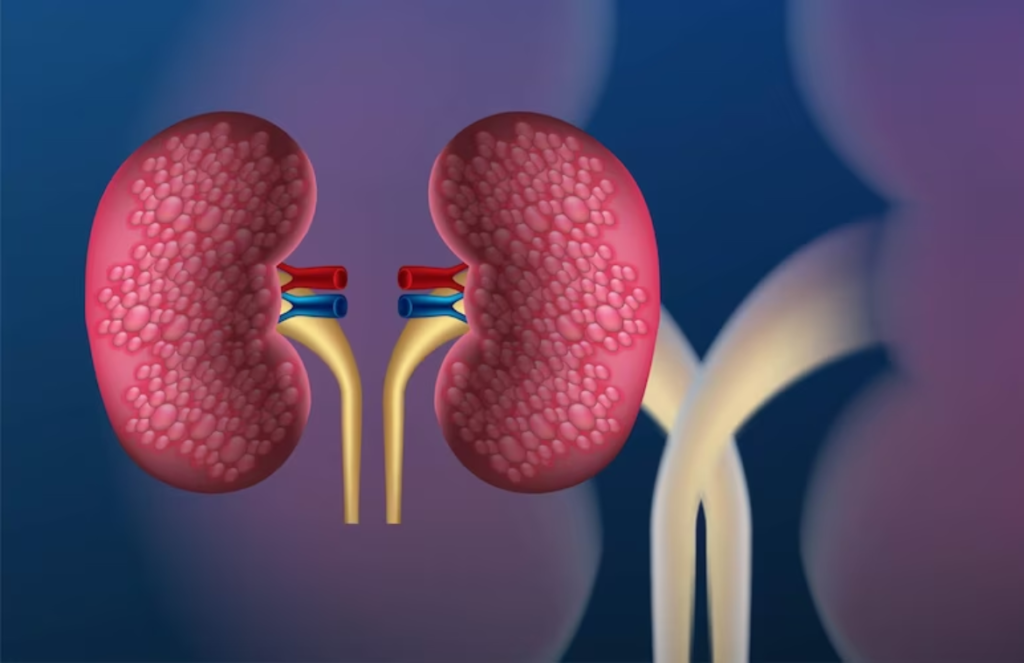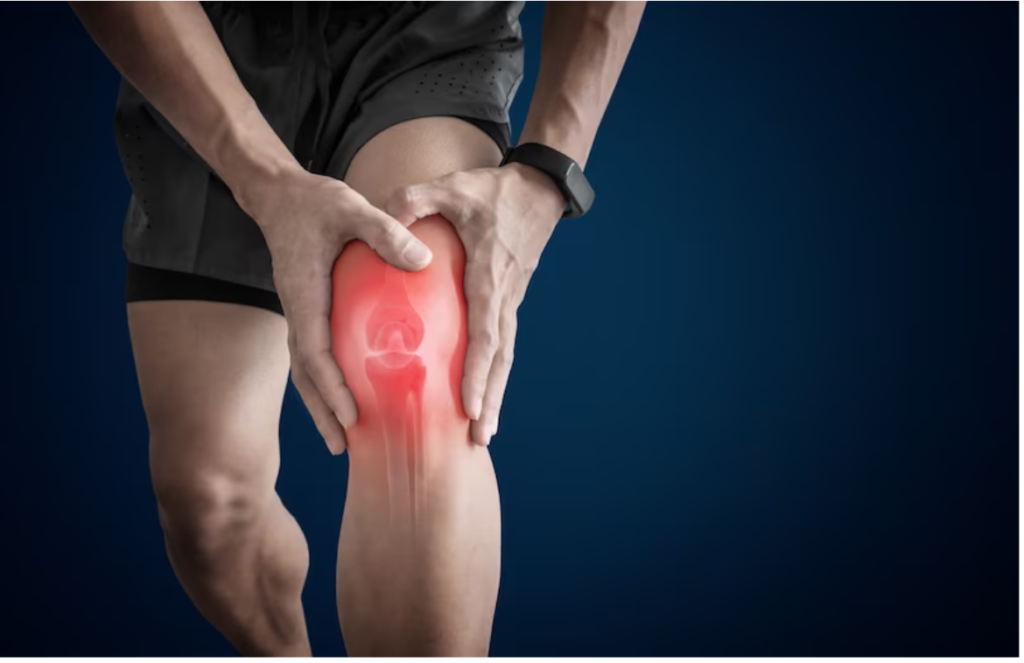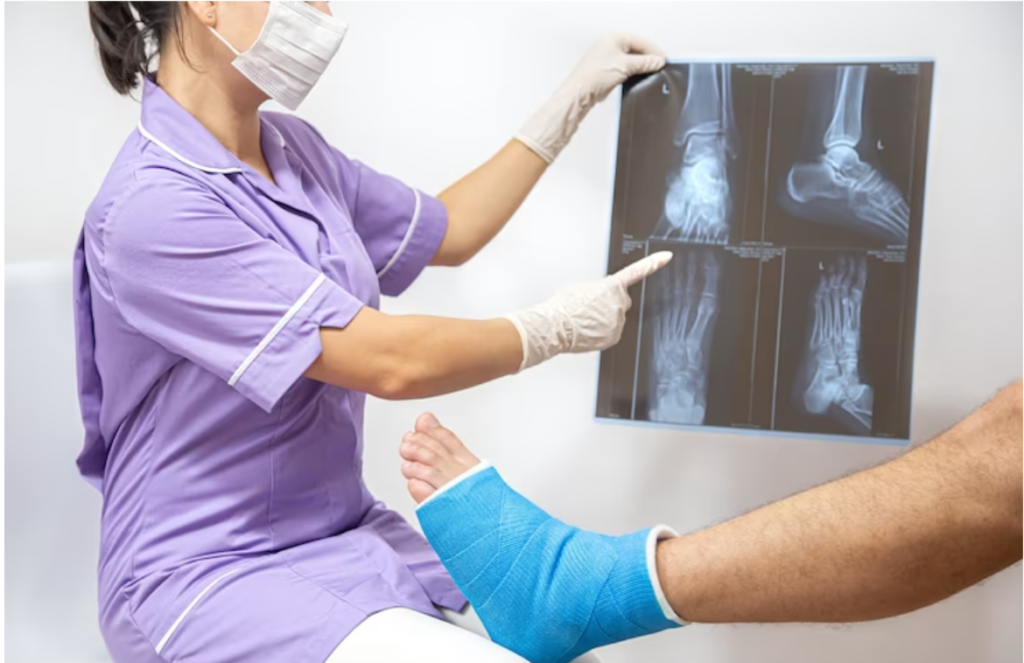Bladder stones can indeed affect both men and women, but there are a few differences in how they manifest. Questions like, Are kidney stones more painful in males? Is it more painful for a man to pass a kidney stone than for a woman?
It is indeed good to know more about bladder stone health issues in both men and women. Bladder stones are, in fact, hard masses of minerals in one’s bladder. They do develop when the minerals in concentrated urine crystallize and also form stones. This often happens when a person is having trouble completely emptying their bladder.
Small bladder stones may pass without treatment, but sometimes bladder stones need medications or surgery. Left untreated, bladder stones may lead to infections and other complications.
Male urinary system
One’s urinary system does include the kidneys, ureters, bladder, and urethra. The urinary system does remove waste from the body via urine. The kidneys are rather located toward the back of one’s upper abdomen. They filter waste and fluid from the blood and also produce urine. Urine does move from the kidneys via narrow tubes to the bladder. These tubes are referred to as the ureters. The bladder stores urine until it is time to urinate. Urine does leave the body via another small tube known as the urethra.
Female urinary system
One’s urinary system does include the kidneys, ureters, bladder, and urethra. The urinary system tends to remove waste from the body via urine. The kidneys are rather located toward the back of one’s upper abdomen. They also filter waste and fluid from the blood and produce urine. Urine does move from the kidneys via narrow tubes to the bladder. These tubes are referred to as the ureters. The bladder stores urine until it is time to urinate. Urine does leave the body via another small tube known as the urethra.
Bladder stone symptoms:
- Lower Abdominal Pain: Bladder stones can indeed cause much discomfort or pain in the lower abdomen.
- Pain during urination: Irritation from the stones can lead to pain during urination.
- Frequent Urination: A person may feel the need to urinate more often.
- Difficulty Urinating or Interrupted Flow: Bladder stones can indeed obstruct urine flow, causing much difficulty or interruptions.
- Blood in the Urine: Hematuria (blood in the urine) is considered to be a common sign.
- Cloudy or Dark-Colored Urine: Changes in urine color can rather occur.
Causes of Bladder Stones:
- Incomplete Bladder Emptying: When the bladder does not empty, urine does become concentrated and can also crystallize into stones.
- Underlying Conditions: Factors such as prostate gland enlargement (benign prostatic hyperplasia) in men or even damaged nerves affecting bladder function can indeed contribute to stone formation.
- Inflammation: Bladder inflammation can be due to infections, and radiation therapy can also lead to stone development.
- Foreign Materials: Objects that accidentally tend to migrate to the bladder (e.g., catheters, contraceptive devices) can also cause stones.
- Kidney Stones vs. Bladder Stones: Kidney stones and bladder stones form differently and have distinct locations.
Seeking medical attention if you are experiencing bladder stone symptoms, then getting relief is easy. The focus also has to be on bladder stone vs. kidney stone symptoms as well. A healthcare professional can provide a proper diagnosis and also recommend appropriate treatment options.
A few key points about bladder stones:
- Bladder stones are indeed most common in males over the age of 50.
- Underlying medical conditions are rather often responsible for bladder stones.
- Symptoms of bladder stones do include a change in urine color and pain when urinating.
- Bladder stones are rarer in females, of course.
- Bladder stones can, rather, cause blood in the urine.
Conclusion
Bladder stones are generally caused by an underlying condition that is rather hard to prevent, but the affected person can decrease the chances of bladder stones occurring by informing the doctor about symptoms and also drinking lots of fluids.

